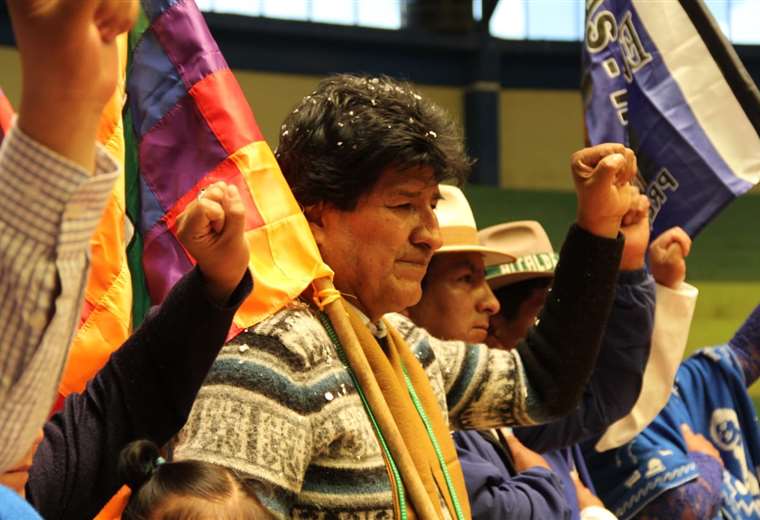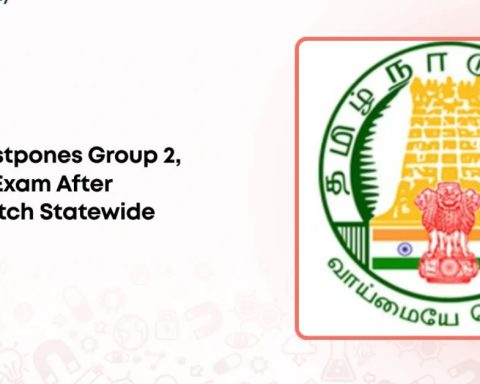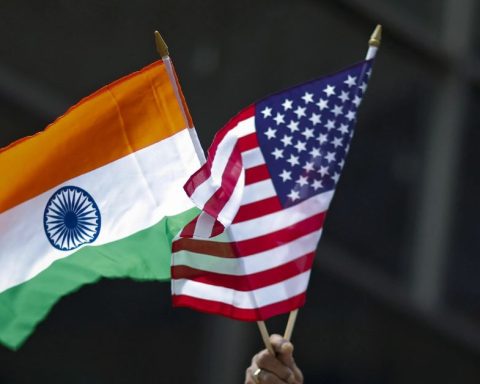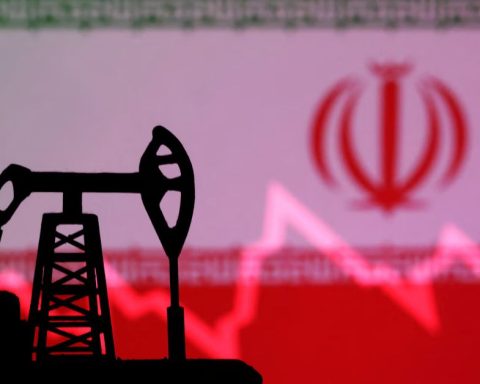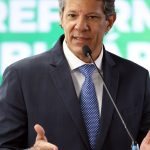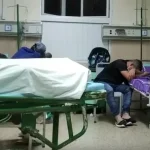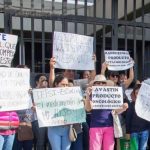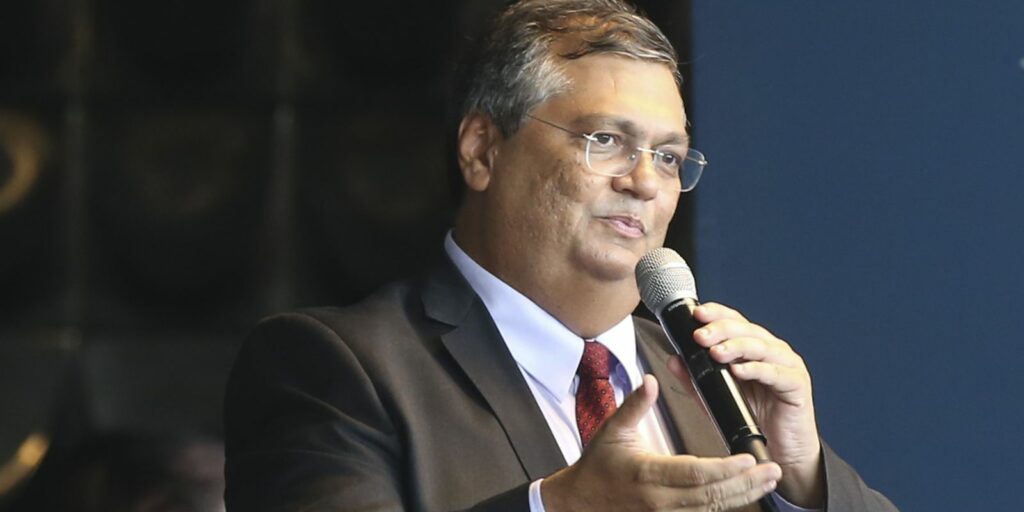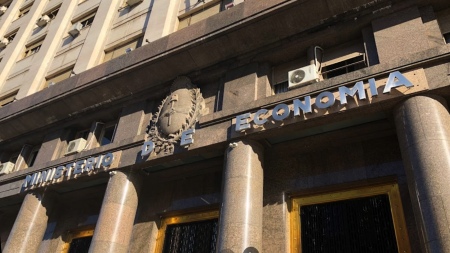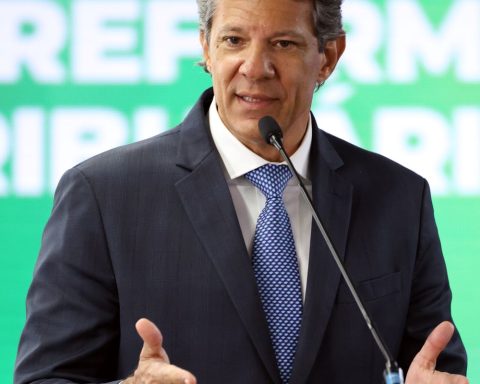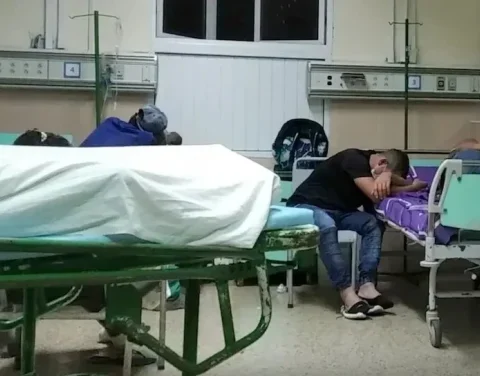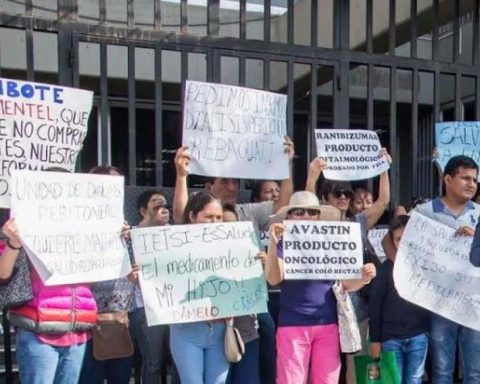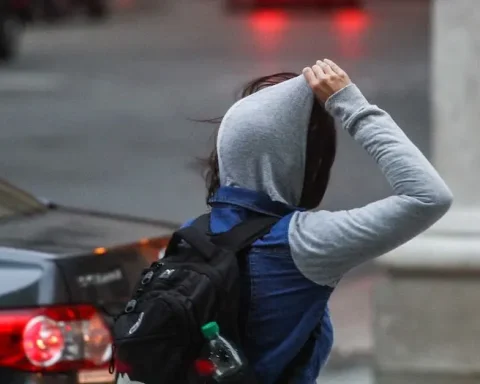January 7, 2023, 11:25 AM
January 7, 2023, 11:25 AM
In Peru the social and political crisis continues. In the midst of the conflict, the name of Evo Morales came up. The former Bolivian president is accused of agitating the southern Peruvian region and of being the ideologue of the request for the separation of the Republic from the neighboring country. It is because of this thesis that the Peruvian Congress is asking declare the cocalero leader an “enemy” of Peru and even take more severe decisions, such as the expulsion of the Bolivian ambassador in Lima, Carlos Aparicio, a former deputy of the Movimiento Al Socialismo (MAS) and close to Morales.
“We are going to press again so that (Evo Morales) is not only declared persona non grata, but is declared an enemy of our country and press so that our Foreign Ministry returns, which it has already done, to the ambassador who was in Bolivia, and to reject and withdraw the ambassador (of Bolivia) who is here in my country, to return to his country. I repeat, that (Evo Morales) be declared persona non grata and not only the commission of Congress, but the Executive, the Foreign Ministry that is in charge of issuing the corresponding shares so that Mr. Morales and other people related to the MAS and this movement that is trying to separate a part of my country do not re-enter the country,” said Peruvian congressman José Cueto in an interview with the program ¡Qué Semana! from El Deber Radio.
The Government of Peru decided yesterday to terminate the functions of Carina Ruth Palacios as Peruvian ambassador in Bolivia. This decision came days after Evo Morales was accused by different political and social sectors of trying to interfere in the internal affairs of Peru. Congressman Cueto, from the ranks of Renovación Popular, confirmed that there is a criminal complaint against the MAS leader who requests his arrest.
The complaint filed with the Peruvian Prosecutor’s Office accuses the former Bolivian president of promoting the secession of Peru and also accuses two authorities of that country of supporting this idea. For this reason, they ask the Peruvian authorities to prohibit Morales from entering Peruvian soil and other MAS leaders.
“For this purpose, various public acts and pronouncements have been carried out in local universities, popular assemblies and through the social network Twitterharanguing the masses to carry out the separation of their zones and departments, including Puno, Arequipa, Madre de Dios, Apurimac, Ayacucho, Moquegua and Tacnawith the purpose of forming a new Republic”, indicates the memorial presented by Assemblyman Montoya before the Attorney General of the Nation and to which EL DEBER agreed.
The Bolivian ambassador in Peru was already summoned last week by the Peruvian Foreign Minister, Ana Gervasi, who clarified to Aparicio that the assumption of the Peruvian president, Dina Boluarte, was framed within the constitutional succession after the arrest of Pedro Castillo, who tried to shut down the Peruvian Congress. Bolivia criticized Castillo’s arrest and did not make any official statement on the Boluarte government.
The current head of state of Peru, who took office on December 7, declared that she was in talks to analyze the situation of Evo Morales’ entry into Peruvian soil, “since no former president, no leader of a country, has any reason to intervene in internal affairs” of another State.
“If Mr. Evo Morales wants to continue being a leader there in Bolivia, then in Bolivia he has to play that role of social leader and political leader,” said Boluarte.
